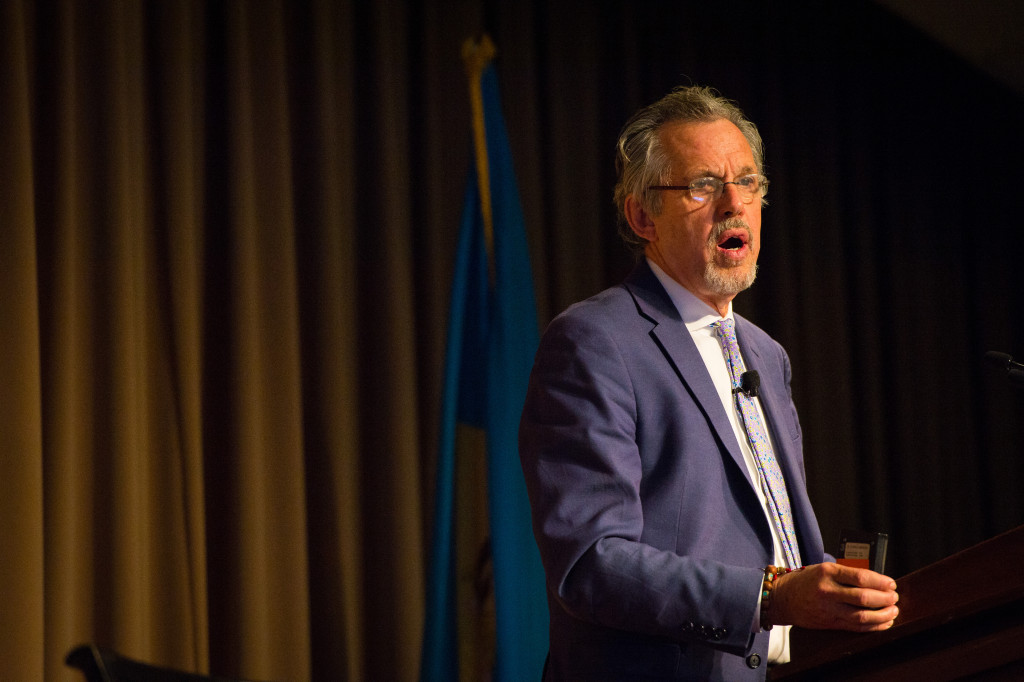Are our schools capable of meeting the needs of the 21st Century? The simple answer is no.
As a business leader, Massachusetts State Secretary of Education and now a professor of education at Harvard, I’ve been deeply involved in working to improve our schools for decades. Like Delaware, Massachusetts invested in high standards, real accountability, early learning and school choice. These efforts, along with some fundamental shifts to our funding system and some deep efforts to improve our teaching force, have made a real difference. Objectively, when one looks at how our students have been doing, Massachusetts is the highest performing system in the U.S. and we do very well relative to our peers internationally.
But when I think back to what we had hoped to achieve when Massachusetts embarked on many of its big, education reform policy shifts in 1993, we’re not where we wanted to be. We promised to close achievement gaps and assure that all children were proficient and ready for success. We’ve failed to meet those goals.
Nationally, U.S. results on the National Assessment of Educational Progress, or NAEP, are largely flat, our performance on international tests is middle of the pack, and we still have millions of children, often students of color and the disadvantaged, caught in the achievement gap and too often unprepared to assume productive citizenship.
Read the full column on DelawareOnline.
Paul Reville, renowned education policy expert and professor at Harvard Graduate School of Education, was the keynote speaker for our Ninth Annual Conference on Education . His address, Redesigning Education to Restore Opportunity, explored how to make schools more responsive to the needs of students. Check out his full presentation here.



